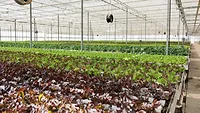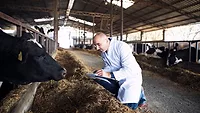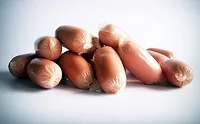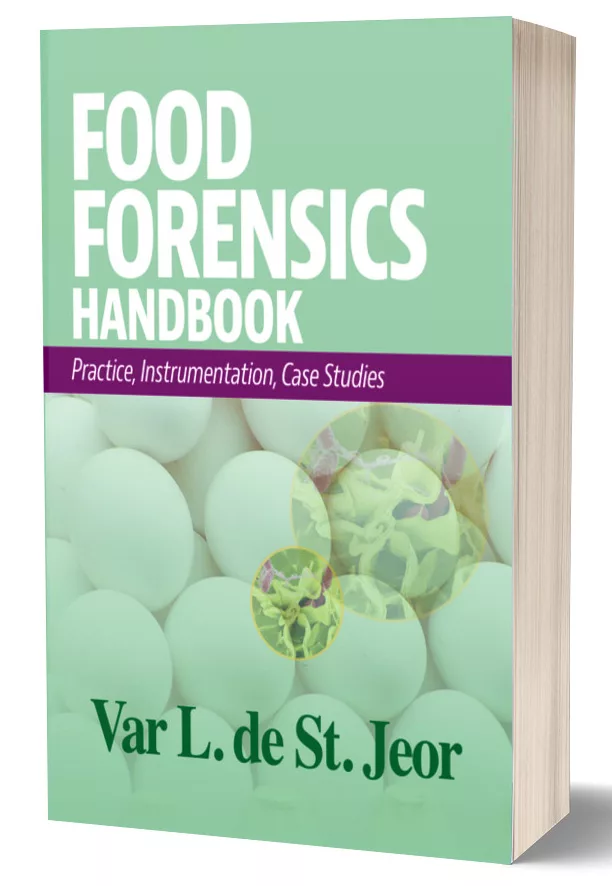South African Scientists: Better Standards, Surveillance Needed to Address Contaminated Produce Irrigation Water

Image credit: pvproductions via Freepik
Drawing upon decades of research on bacterial pathogens in water sources used to irrigate produce, South African experts have highlighted their key findings and necessary next steps to protect food safety. In The Conversation, the researchers call for a comprehensive food safety policy in South Africa and the greater African continent that encourages collaboration between all stakeholders to address a number of causes of water—and subsequently, produce—contamination.
The team of scientists, representing the University of Pretoria and the Water Research Commission, have developed methods for assessing the quality of produce irrigation water, identified environmental hotspots for contamination, monitored multidrug resistant (MDR) pathogens in South African water and investigated the effects on food safety, and analyzed produce supply chains to identify the presence of microbiological contaminants, from farm to fork.
The team is currently led by Lise Korsten, Ph.D., M.Sc. and Loandi Richter-Mouton, Ph.D. from the University of Pretoria, and Eunice Ubomba-Jaswa, Ph.D., M.Sc. and Samkelisiwe Hlophe-Ginindza, Ph.D., M.Sc. from the Water Research Commission. (In October 2023, Dr. Korsten joined the Food Safety Matters podcast for a discussion about her work in the area of water contamination and food safety in South Africa, as well as changes and interventions that are needed to ensure safe food in the face of future challenges. Listen to the episode with Dr. Korsten here).
Their research has revealed several key findings. For example, surface water sources often contain high levels of Escherichia coli and MDR bacteria, which are often transferred onto produce via irrigation. For example, in their studies, the scientists have found smallholder farms’ irrigation water can transfer Salmonella and E. coli to soil and produce. Additionally, an investigation of the spinach supply chain found the presence of MDR bacteria across production, even at commercial farms. At retail, studies have shown some vendors to apply unclean water to produce, and has also found bacteria with increased antimicrobial resistance (AMR) on produce at the point of sale.
However, the researchers underline that South African water quality guidelines do not address contamination by MDR bacteria and emerging pathogens, focusing instead on indicator organisms for pathogens associated with fecal contamination like E. coli. They urge government to collaborate with farmers and academics to develop new standards that reflect local conditions and emerging threats. The researchers also call for continuous surveillance and testing programs to be established in areas with poor water quality, as well as regular sampling and testing of food.
Finally, at the consumer level, the use of rainwater harvested from rooftop runoff can threaten food safety when rainwater collection containers are not properly cleaned. The researchers have found roof-harvested water to contained E. coli and Enterococcus, which transfers to vegetables when used to water home grown crops. This is because, when not cleaned adequately, biofilms can build up in collection tanks and encourage the growth of harmful bacteria.
Looking for quick answers on food safety topics?
Try Ask FSM, our new smart AI search tool.
Ask FSM →









